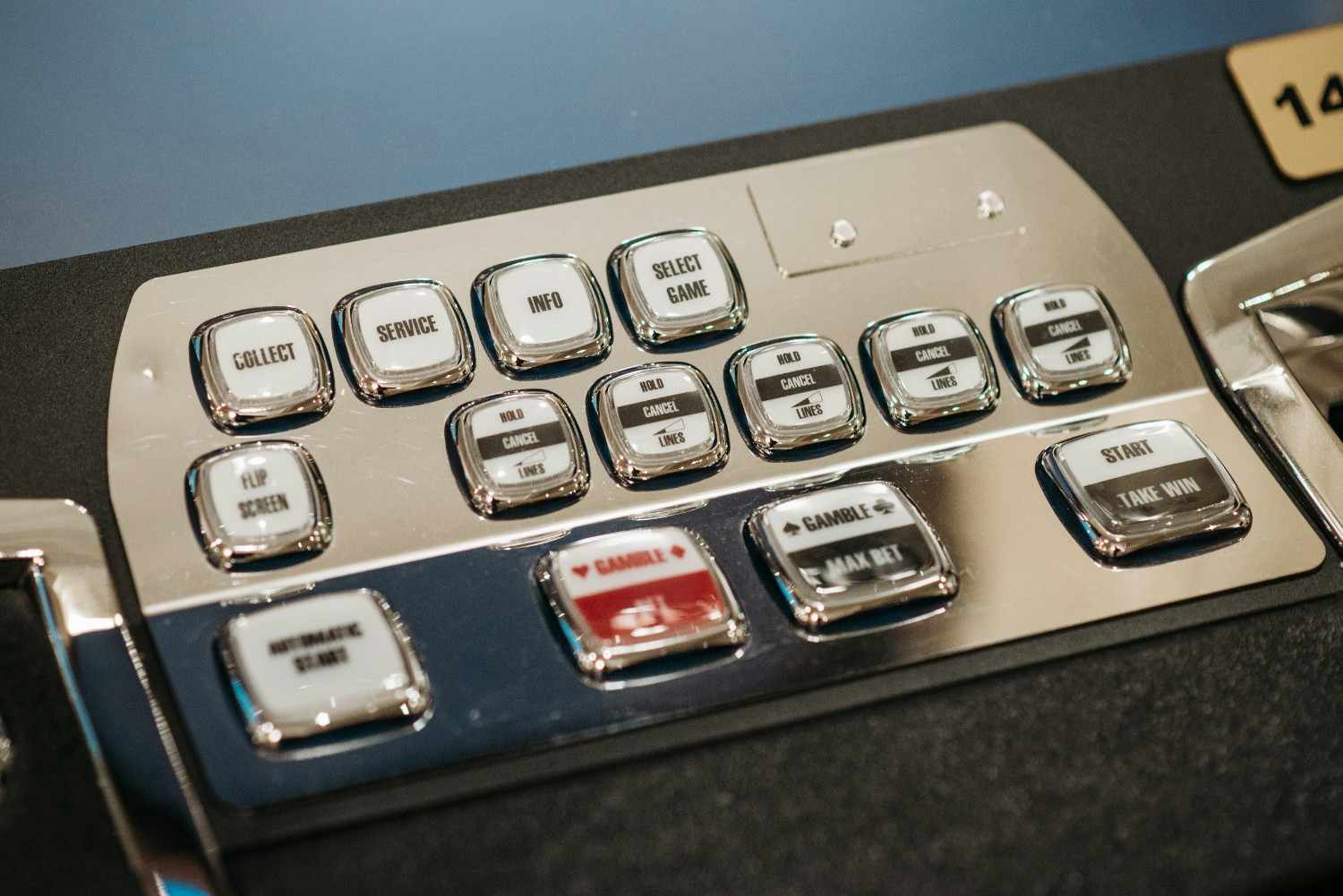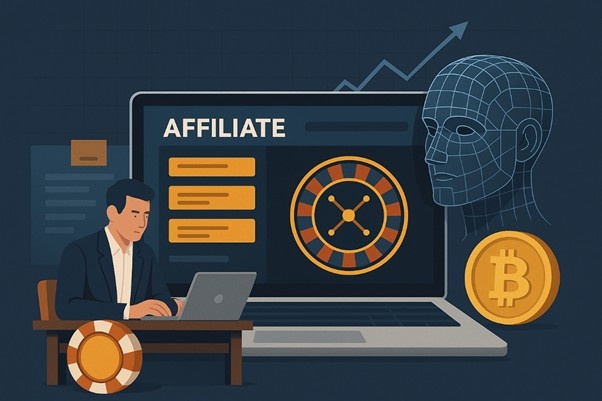Choosing the right online casino and betting casino should be easy, right? Theoretically, yes, but in reality, there are so many of them out there, and then you realize there is such a thing as too much choice.
Obviously, you can narrow down your list of choices based on the range of games they have to offer, as well as how generous casino welcome bonuses or reload bonuses are. And for some players, a celebrity endorsement or a significant advertising campaign can also play a role in winning them over.
But, you should always look at the safety and security sites offer, because you will be handing over your hard-earned money and trusting the site with your winnings, and potentially, with your bank or card details, as well.
With that in mind, let’s take a look at the most important factors to consider when choosing an online casino or betting site, even if you live in an area where gambling is restricted.
Gambling Restrictions
The iGaming is said to be worth around $100 billion a year with thousands of online casinos and a similar number of online betting sites. However, not all countries view casino and betting sites through the same lens.
UK, for example, has pretty liberal gambling laws. It is legal to play casino games online and offline, and they even have online casinos and bookmakers that are licensed in the country. At the other end of the regulation spectrum is Japan, where essentially all forms of gambling are illegal.
U.S. and Canada, are somewhere in the middle, with the ultimate decision being left to individual states and not decided at a federal level.
Take Nevada, for example—it’s no surprise that gambling is wide open there! As long as a casino has the right license, both locals and tourists are free to place their bets. Even online poker is well-regulated, offering players plenty of licensed sites to choose from.
For instance. Texas has more restrictive laws, which can leave visitors wondering if real money gambling is possible in Texas. Many Texans still find ways to gamble, whether by traveling to nearby states with more relaxed laws or using offshore casinos and betting websites.
And here’s an interesting tidbit: according to casino expert Jonathan Askew, lots of players even use mobile apps on Google and Apple devices to play real-money games.
Bottom line? It’s always smart to check the local laws, especially if you’re visiting a new area. That way, you can enjoy the games without any surprises!
Licensed Casinos
Did you know there are around 80 countries where online casinos can legally register and get licensed? But getting that license isn’t easy—companies have to prove they offer a secure gaming environment and reliable systems to protect players.
Now, having a license doesn’t guarantee the site is bulletproof from hackers, but it does mean the casino follows strict industry standards. Plus, it lowers the chance of them disappearing with your hard-earned winnings.
Wondering how to tell if a site is legit? It’s usually pretty simple—just scroll to the bottom of the website. In the footer, you should see which authority issued their license. Some of the most trusted regulators are the Malta Gaming Authority, the UK Gambling Commission, and the Gibraltar Regulatory Authority.
These regulators often provide tools to verify a casino’s license. For example, the UK Gaming Authority keeps a public register where you can double-check the details. After all, anyone can slap a logo on their site, but with a little research, you’ll know if it’s the real deal!
A Trusted Track Record
While casino reviews and ratings do offer a good glimpse into the quality of a particular casino or website, you can’t rely on those alone. Here are some of the steps you need to take:
- Do your own research, as well as check out review aggregators like Google Reviews, Facebook, or Trustpilot.
- Check out what real players are saying.
- Look for reviews—especially the negative ones—and see if there are any red flags.
It’s normal to find some bad reviews. After all, players who lose money aren’t always thrilled and might vent their frustrations online. But if you notice a pattern of serious complaints, like people not receiving their winnings or deposits mysteriously disappearing, that’s a big warning sign.
In those cases, it’s probably best to move on and find a site with a better track record.
Check The Casino Software
Every casino relies on gaming software to run its table games, slots, live poker, and other gambling options. But not all software is created equal—it needs to be fair, and third-party verifications are a good way to confirm this. Here’s how you can check:
- Look for the software name and version. Casinos usually display this information.
- Research the software provider’s website. Check if they mention independent third-party verifications for fairness.
- Read user reviews. Just like with the casino site, see what players say about the software’s performance and reliability.
- Search for news stories. Look for any reports on data breaches or technical issues. On the flip side, keep an eye out for awards or positive recognition—it’s a good sign of a trusted provider.
Doing your homework on the software can give you extra peace of mind before you place your bets!
Check The Website Protocol
Websites rely on transfer protocols to send and receive information between users and servers. Most sites you visit will use either HTTP (HyperText Transfer Protocol) or HTTPS (HyperText Transfer Protocol Secure), which you can see in your browser’s address bar.
While HTTP transmits data in plain text, making it vulnerable to interception, HTTPS encrypts the data, making it much harder for unauthorized parties to access. In fact, recent studies show that over 80% of websites now default to HTTPS.
It’s always a good idea to stick with HTTPS websites, but it becomes especially crucial when using financial services or sites that handle personal data. You definitely don’t want your financial information stored on a casino server without encryption, where it could be exposed.
Use Cryptocurrency
Crypto payments are becoming more common, with Bitcoin, Ether, Tether, and Dogecoin leading the way. Crypto casinos offer several advantages:
- No need to share financial details with the site.
- Payments are immutable and highly secure.
- In places where gambling is restricted, crypto offers anonymity, and many casinos don’t even require personal details to create an account.
With so many obvious benefits, crypto is an obvious choice for security, convenience, or anonymity.
Check Bonus And Withdrawal Requirements
When choosing a casino, it’s important to consider not just safety and security, but also fairness. Here are a few key things to look out for:
- Deposit and withdrawal times: These can vary widely. Crypto payments are often processed within seconds, while international bank transfers might take several days.
- Bonus wagering requirements: Casinos set these rules to prevent players from taking advantage of free bonuses and immediately cashing out. Some sites may require you to wager up to 50 times the bonus amount before you can withdraw your winnings.
- Expectations around bonuses: If you’re unaware of these wagering requirements, the process might feel frustrating or unfair. However, this is standard practice across many casinos.
Understanding these factors will help you manage expectations and enjoy your gaming experience without surprises!
Use A Secure Network
You can enjoy casino games on PCs, laptops, and mobile devices, making it easy to play from almost anywhere with WiFi or mobile internet. However, it’s crucial to stay mindful of security, especially when using public WiFi. If you do connect through public networks, consider using a VPN to protect your data and browsing activity.
VPNs are also handy for players in areas where gambling is restricted. Some regions block access to online casinos by working with internet service providers, but a VPN can help you bypass these restrictions by routing your connection through a remote server.
Even on your home network, it’s important to stay protected. Make sure you have antivirus and antimalware software installed, and keep your WiFi network secure. Avoid sharing your account details with anyone, and keep your financial information private.
If you’re using cryptocurrency, it’s best to store it in a cold wallet—one that isn’t always connected to the internet. This adds an extra layer of security. And as a final tip, always double-check every payment you send or receive to avoid costly mistakes.
Conclusion
Online gambling continues to grow in popularity. Not only are there more online casinos than ever before but some jurisdictions that have previously prohibited gambling in various forms are relaxing these laws. Do check online laws where you intend to gamble, and always ensure you use a reputable, trusted, licensed online casino.
Make deposits and withdrawals using a secure payment method, with cryptocurrency being the most secure, and follow best practices when it comes to handing out and using your financial information.




















